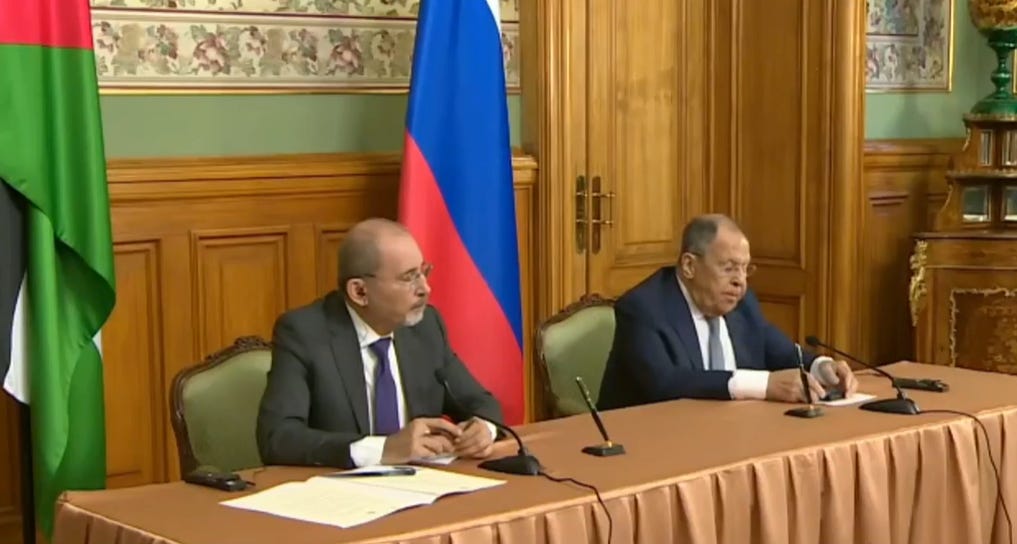Jordan Turns to Russia: Dedollarisation as a Message to Washington?
The Kingdom is prepared to deepen ties with America’s rivals to safeguard regime stability.
On 20 August, Jordan and Russia signed a visa exemption agreement for their citizens, the first such arrangement between the two countries. Coming just a week after Amman reinstated compulsory military service for the first time in two decades, amid mounting tensions, the deal sends a clear signal to Washington: Jordan is prepared to deepen ties with America’s rivals to safeguard regime stability. Closer alignment with Moscow is also expected to accelerate dedollarisation in trade, positioning Jordan alongside Egypt and Iran in pursuing non-USD transactions with Russia.
Russia–Jordan Ties
Bilateral relations between Jordan and Russia have historically been limited, with trade remaining modest. The main driver of engagement has been political coordination, particularly over Syria. Momentum began to build in 2017, when Jordan signed a memorandum of cooperation with the Eurasian Economic Commission (EEC). Since then, dialogue has widened, though the relationship’s potential has been constrained by Jordan’s longstanding alignment with Washington.
Today, however, mounting pressures on the Kingdom, from the threat of mass displacement from Gaza to the prospect of wider regional conflict, appear to be pushing Amman to revive neglected partnerships as a means of signalling independence from the United States.
The recent visa exemption agreement follows in the wake of the Trump–Putin summit and Jordan’s reinstatement of compulsory military service after two decades. As Amman braces for potential escalation, the message is clear: the leadership intends to endure, and will engage with both America’s allies and rivals to secure regime stability. For Jordan, this could reduce reliance on US aid. Yet the viability of such a shift ultimately depends on expanding trade volumes and achieving greater currency stability, areas where cooperation with Russia remains limited.
A Page out of Egypt’s Playbook?
Egypt’s recent trajectory offers a model for the Kingdom. Over the past year, Cairo has intensified engagement with BRICS members such as Russia and China, largely in response to mounting US pressures: from disputes over Gazan displacement to tariffs.
Jordan’s new agreement with Moscow signals similar ambitions: to leverage non-US aligned powers in order to preserve stability and safeguard the regime. Egypt’s trade with Russia has already shifted away from the dollar, with an estimated 40% conducted in rubles and Egyptian pounds. A comparable trend could emerge in Russo–Jordanian commerce, laying the groundwork for gradual dedollarisation.
Yet Amman’s circumstances differ sharply. The dinar’s peg to the US dollar underpins monetary stability, facilitates investment, and anchors inflows of humanitarian aid. For this reason, any move towards ruble–dinar transactions will remain limited and, at least in the near term, insufficient to provoke serious concern in Washington.
With nearly 90% of Jordan’s debt denominated in dollars and its reliance on US aid deeply entrenched, a full pivot is implausible. More likely, the visa exemption agreement represents a calibrated signal: a bid to extract concessions or ease external pressures rather than a genuine strategic realignment. In this sense, the gesture may prove more bark than bite.



